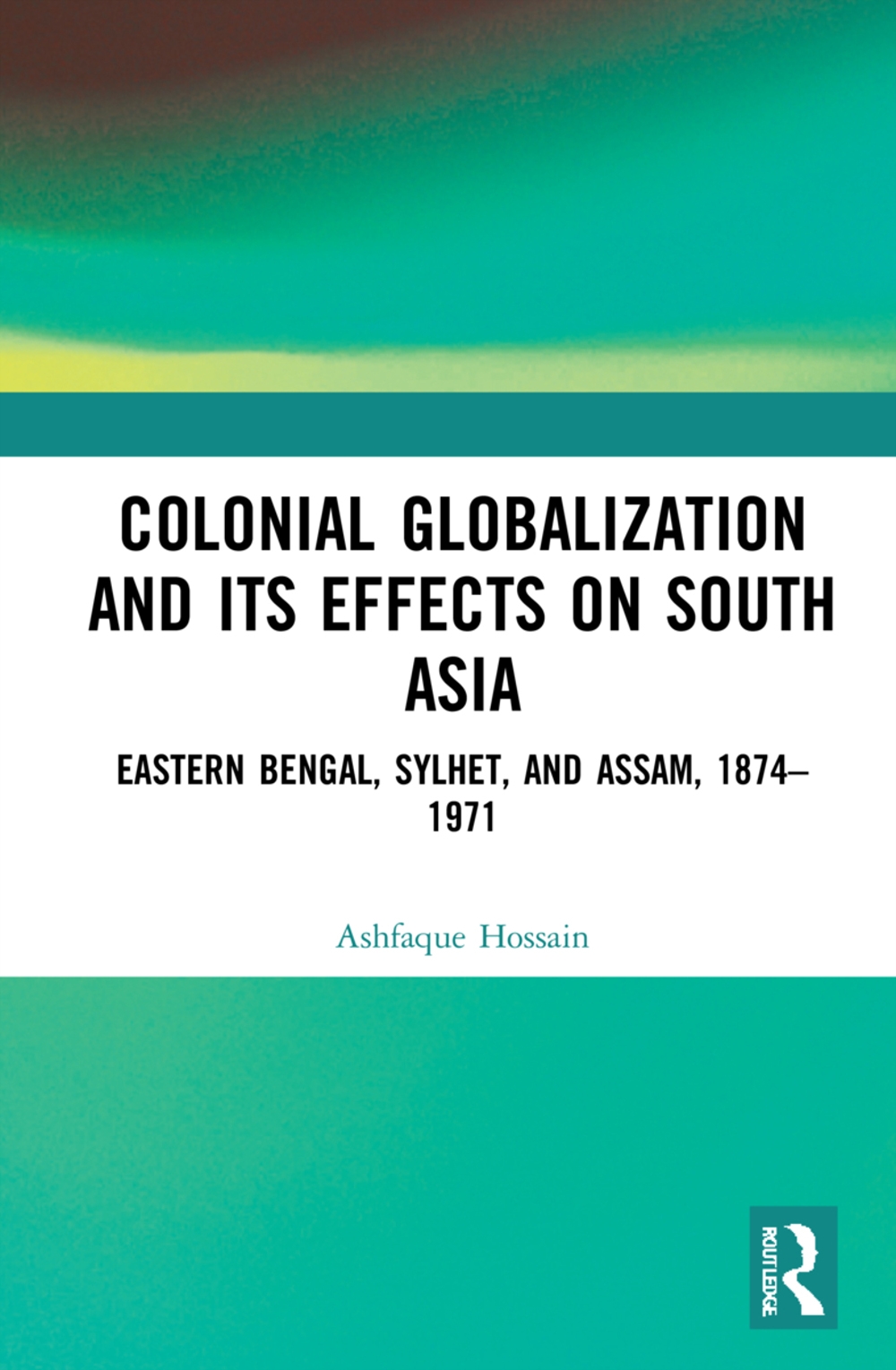This book investigates the concept of colonial globalization to show how knowledge, information, technology, capital and labour have the potential to move freely across the world. It studies the experience of globalization "from below", rather than from the perspective of the British imperial centre.
Focusing on the impact of colonial globalization on the people of Sylhet, East Bengal, and Assam, the volume seeks to analyse the "global" as a process in constant negotiation with the "local". It discusses various issues such as the opening of the hills of Sylhet and Assam for tea plantation. the involvement of local entrepreneurs with overseas planters in the global tea industry, the phenomenon of regional labour migration into eastern India, and Sylheti seamen and their involvement in the merchant marine. The author also highlights the contribution of peasants, labourers and women in the independence movement and the irreversible changes that they brought about.
A unique contribution to the study of colonial globalisation, this volume will be indispensable for students and researchers of colonial history, modern Indian history, Northeast India, border studies, globalization, political economy, minority studies, globalization studies, third world studies, colonialism and postcolonialism, and South Asian studies.











